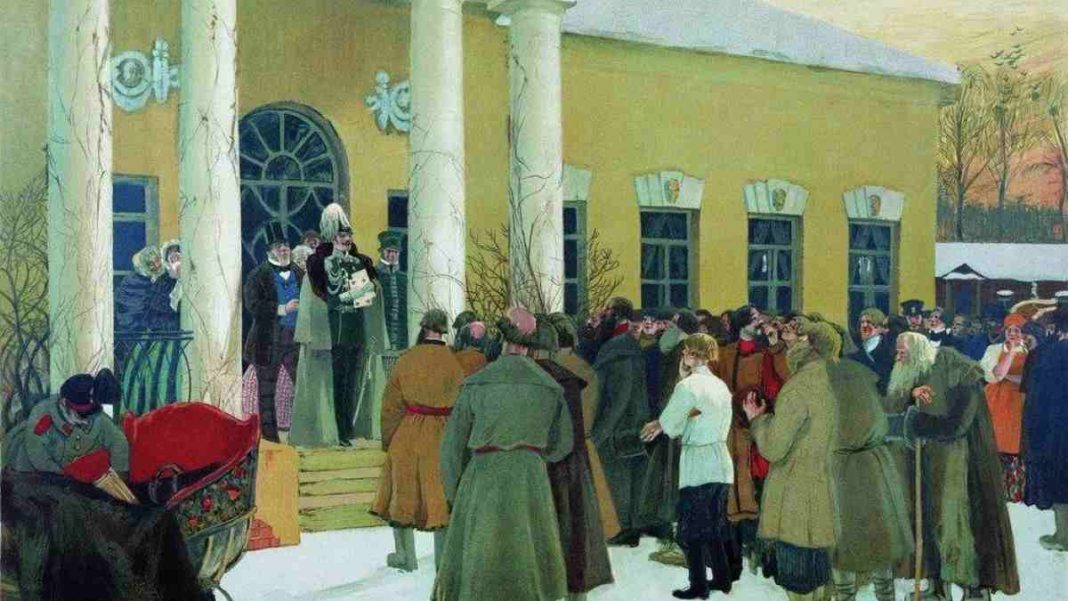INDIA: The Tocqueville Paradox, named after the renowned French political thinker Alexis de Tocqueville, delves into the intricate relationship between democracy and individualism, revealing a paradoxical coexistence that shapes the modern world.
Tocqueville’s seminal work, “Democracy in America,” published in the 19th century, continues to resonate today as it examines the dual forces that define the essence of democratic societies.
In his groundbreaking analysis of American democracy during his travels to the United States in the 1830s, Tocqueville observed two seemingly contradictory trends.
On the one hand, he recognized the potential for democratic governance to foster equality, community, and solidarity among citizens. On the other hand, he discerned the rise of individualism, a self-centred pursuit of personal interests and ambitions that could undermine the fabric of democratic societies.
At the heart of the Tocqueville Paradox lies the tension between the collective pursuit of societal well-being and the individual’s quest for personal freedom and prosperity. Democracies, by their nature, strive for the common good, seeking to ensure the welfare of all citizens through equal rights and opportunities.
Tocqueville believed that democratic institutions could unite people across diverse backgrounds and instill a sense of mutual responsibility, fostering a strong sense of community and social cohesion.
However, alongside the spirit of solidarity, Tocqueville noted a growing inclination towards individualism in democratic societies.
While integral to the human condition, the pursuit of personal interests and material gain could potentially lead to the erosion of social bonds and weaken the sense of collective purpose.
In this paradoxical dance, the push and pull of democracy and individualism shape the trajectory of modern societies, shaping the balance between liberty and equality.
The Tocqueville Paradox remains relevant in the contemporary landscape as democratic nations grapple with the complexities of fostering a cohesive and inclusive society while preserving individual freedoms.
In pursuing economic prosperity and personal success, the paradox of individualism can lead to a sense of alienation and division, potentially undermining the democratic principles that provide the foundation for such aspirations.
The paradox becomes particularly pronounced in the era of social media and digital connectivity. While technological advancements have enabled unprecedented access to information and facilitated global connections, they have also created echo chambers that reinforce individual beliefs and perspectives.
In pursuing personal validation, individuals may find themselves drifting further apart from a shared understanding of the common good.
Moreover, the Tocqueville Paradox also raises questions about the role of government and public institutions in democratic societies. Striking a delicate balance between ensuring individual liberties and promoting collective welfare requires thoughtful governance and leadership.
As the demands of an interconnected world evolve, finding solutions to the paradox will demand innovative approaches that address the individual’s needs and the well-being of society as a whole.
Tocqueville’s exploration of the paradox serves as a reminder that the success of democracy is contingent on the active engagement and responsibility of its citizens.
A vibrant democracy depends on individuals who are invested in their well-being and committed to the welfare of their communities and fellow citizens.
Societies must foster a culture of civic responsibility, empathy, and dialogue that bridges the gap between individual pursuits and the collective good to navigate the intricacies of the Tocqueville Paradox.
Also Read: Quantum Gravity Paradox: Unraveling the Mysteries of the Fundamental Forces of the Universe



